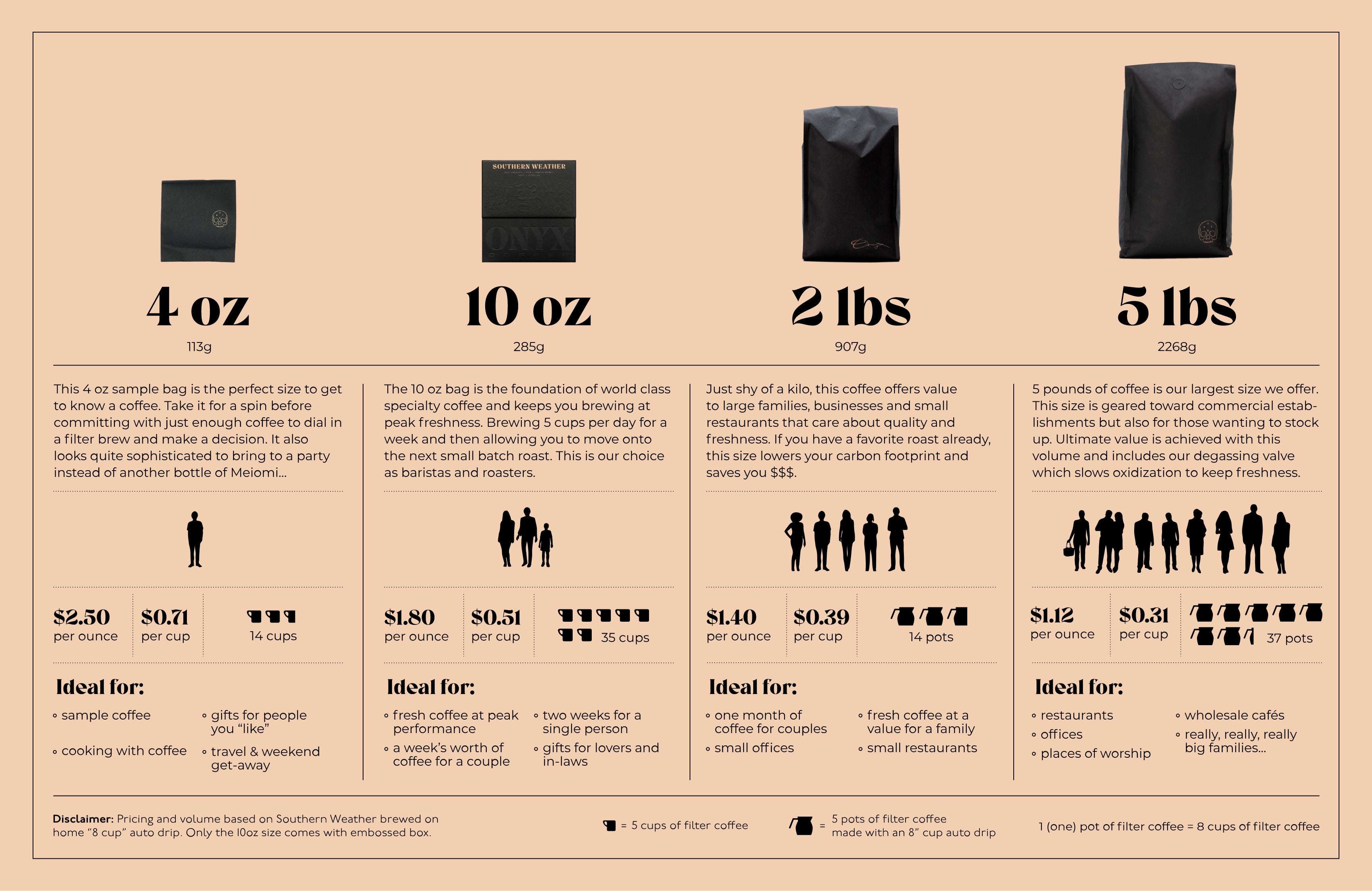Story
Susana Cortés is 52 years old and has grown coffee for the past nine years. Although coming from a family of traditional coffee farmers, Doña Susana had not anticipated growing coffee. About ten years ago, Susana’s sister became very ill, and for this reason, she moved back to the region to help. Moving into their father’s farm, Susana began taking care of the farm. Today, her two brothers help out with the farm maintenance and administration.
Since joining our Neighbors & Crops program, Susana has noticed a difference in her entire production process. We offer our trained team of pickers during harvest, we transport the coffee cherries to our wet mill, and because of her lack of processing infrastructure, she no longer has to find a way to process and dry her cherries hurriedly. We consider this chain of specialization a helpful method that alleviates significant stresses on everyone involved. We hope to continue to help our neighbors in the same way that they help us!
BIOINNOVATION PROCESS
“This process brings out bright tropical notes which are mixed with a distinct sensation of lactic and tartaric acids and a large, full, velvety body. It is a sensorial experience unlike anything else.” - La Palma Y El Tucan
This process is unlike anything that is being done today. Each season we have the unique pleasure of cupping experiments and production lots that La Palma produces. A few harvests ago they began experimenting with this Bioinnovation on their high-end competition lots, which were intriguing and wild on the cupping table. After a few seasons of experience, they've branched into larger lots of their Bioinnovation like this Neighbors and Crops lot.
This washed process starts out like many lots at La Palma, with a 100-hour limited oxygen fermentation. This stage becomes the main catalyst of flavor transformation of the Bioinnovation process, with the addition of their unique substrate that is added. Each fermentation is unique, with the substrate containing parts of each lot harvested. After the 100 hour fermentation, this coffee is depulped and washed much like the traditional washed coffees of this region. The impact that the pre-fermentation has is profound, transforming this washed coffee into a complex and heavy-bodied cup.
LA PALMA Y EL TUCÁN
La Palma y El Tucán. The name has become synonymous with high-quality competition-grade coffees, but for our green buyer, it means another thing: home. Dakota spent three months living in one of the nine cabins built on the grounds of La Palma Y El Tucán, working alongside the team there to facilitate a coffee experience unlike any other for guests visiting the farm. During his time there, he experienced their dedication to quality and the constant innovation taking place in all aspects of the farm. The guidance and teaching from each of La Palma's staff members were integral to leading Dakota to the Onyx team, who has had a relationship with La Palma y El Tucán since early 2013.
Felipe and Elisa started La Palma y El Tucán with the vision to produce small, perfect quantities of some of the world's favorite coffee varieties. The farm has a unique layout with each variety planted in an artful way that encourages exceptional production and is also beautiful. The coffee is picked as it ripens by a team of women whose job it is to choose only the best cherries, making pass after pass, day after day. La Palma's farming practices and their wet mill is designed to showcase how fermentation can encourage coffees to create flavors you could only dream of.
In the last few years, they've started a project called Neighbors & Crops, a program that consists of buying coffee from the surrounding farms and processing it in their state-of-the-art mill. By teaching agronomy, cherry selection, and giving organic fertilizer to neighbors, they have lifted both the quality of life and quality of coffee in their region. This coffee is the product of that partnership.



